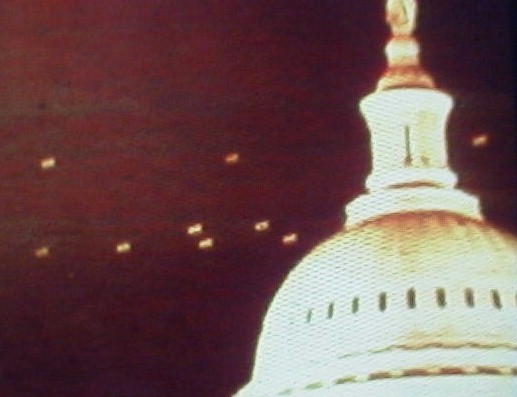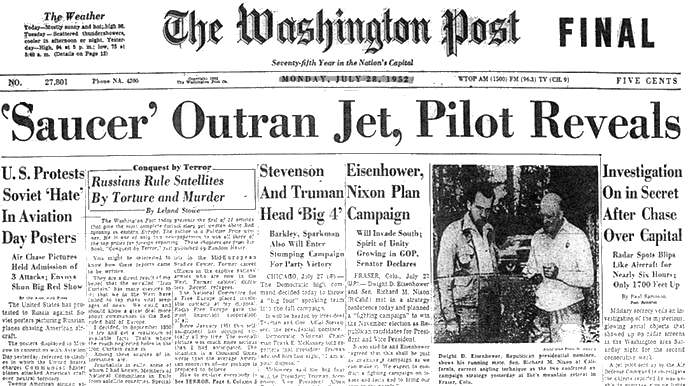“Someday someone is going to do a psyche profile on you and discover what’s behind that switch that allows you to go from the personable Captain we all know to a cold tactician in an instant,” Oz said quietly.
“I don’t enjoy getting into one firefight after another, but when some corporate marionette tells me to surrender my crew and all their freedoms, I get a little irritated.”
— Randolph Lalonde, Spinward Fringe
The most mentally healthy way I could find to deal with the intolerable summer weather was to stay indoors and read. Though I read some non-fiction, mostly I read escape fiction. What’s escape fiction for, after all? I also did 99 percent of my summer reading on the iPad and Kindle. Because I’m cheap, and because I wanted to sample the quality of the many free, self-published books that are available, I’ve been reading a lot of free books. The appearance of a great many free books was something I expected with the cost of digital publishing approaching zero. What the business model is (if any) for giving away books, I don’t know. But I’ve found two or three excellent new authors from reading free e-books. To my disappointment, lately I have found no new authors that I like through the paid-for, legacy publishing system. I’ve spent $9.99 on several books that weren’t worth reading.
My newest discovery is Randolph Lalonde, a young Canadian writer who I believe is entirely self-published, and most of whose books are available for free. He’s also prolific. I’d love to know how he supports himself. His Spinward Fringe series is as fine a space opera as has ever been written. His plots are tight and thrilling, the characters are appealing, the villains are plausible, the technology is fascinating. His dialogue between the characters is brilliant and witty. His characters have depth, and mystery.
I believe I’ve also spotted a new trend in science fiction. Science fiction writers think more rigorously about the future and the human condition than they are usually given credit for. That is the real value of science fiction, and it’s a large part of what makes a classic. As for this new trend, there are no doubt those who would say that it’s only a lefty political bias of the authors, and that I share that bias. I would disagree. Science fiction — at least good science fiction — always is a profound reflection of reality. A good author has a good model of the present-day reality in which human beings live, and he uses his imagination to roll that model forward and project where it might lead in the future.
There has been a libertarian streak in science fiction for decades. Robert Heinlein certainly showed that streak. And then there is Ayn Rand, though she is not considered a science fiction writer. In any case, in this older libertarian vision (as in Ayn Rand’s Russian childhood 100 years ago), it was the government that threatened human liberty. In the new libertarian model that I detect in today’s science fiction, it is corporations that are correctly identified as the threat to human liberty. Only government, through law and regulation, can protect people from the power of corporations. In Lalonde’s Spinward Fringe, there is a legal officer on the flight deck. Corporations are the villain. The few remaining free peoples in Lalonde’s universe have governments and formidable weapons — to protect themselves from corporations.
Those who think more clearly, who see more clearly, whose models of reality are based on reality rather than some ideology or “faith based” system, clearly see the corporate threat. Others are stuck in the 1960s, still suckling their worn-out copies of Atlas Shrugged.
Speaking of Ayn Rand, I have never adequately defended my reasons for despising her. I was able to get through Anthem, because it is short and is more of a metaphor than a sermon. But I have never been able to get more than a few pages into Fountainhead or Atlas Shrugged without flinging them aside as unreadable. That is not a political reaction. It is purely a literary reaction. I don’t know why it is, but authors whose philosophies I despise reveal themselves very quickly, as though their complete philosophy is holographically contained in only a few paragraphs of text. The rhythms of their writing hurt my ears, like the rhythms of a fire-and-brimstone preacher, or the rhythms of a speech by Adolf Hitler, or the rhythms of a family quarrel heard through the thin walls of an apartment. I cannot read Ayn Rand simply because my ears cannot take the sound of her sermonizing rhythms. Consider this sample of text that I Googled up, from Atlas Shrugged:
“To trade by means of money is the code of the men of good will. Money rests on the axiom that every man is the owner of his mind and his effort. Money allows no power to prescribe the value of your effort except the voluntary choice of the man who is willing to trade you his effort in return. Money permits you to obtain for your goods and your labor that which they are worth to the men who buy them, but no more. Money permits no deals except those to mutual benefit by the unforced judgment of the traders. Money demands of you the recognition that men must work for their own benefit, not for their own injury, for their gain, not their loss–the recognition that they are not beasts of burden, born to carry the weight of your misery–that you must offer them values, not wounds–that the common bond among men is not the exchange of suffering, but the exchange of goods. Money demands that you sell, not your weakness to men’s stupidity, but your talent to their reason; it demands that you buy, not the shoddiest they offer, but the best that your money can find. And when men live by trade–with reason, not force, as their final arbiter–it is the best product that wins, the best performance, the man of best judgment and highest ability–and the degree of a man’s productiveness is the degree of his reward. This is the code of existence whose tool and symbol is money. Is this what you consider evil?”
My ears hurt!
In my view, bad ideas and bad thinking simply cannot be contained in the natural rhythms of the English language, of which iambic pentameter is the quintessence.
I sometimes forget that not everyone was an English major who is familiar with these terms. Iambic pentameter, also called “blank verse” when it is unrhymed, is the language of Shakespeare. It is considered to be the natural rhythm of the English language. You hear it in prose as well as in poetry. Native speakers of English commonly talk in blank verse — or at least in iambic rhythm — without realizing it, simply because they are speaking English. Good writers in English write in iambic rhythms most of the time, totally without thinking about it, because they have an ear for English. Bad writers use choppy, jarring rhythms that sound like bursts of machine-gun fire, or celery on a chopping block. It’s the rhythm you’d get if you killed a nest of snakes with a hoe.
This leads me to Dalton’s First Postulate of the English language, expressed here for the first time: To lie in iambic pentameter is almost impossible, but if a lie is forced into iambic pentameter, the lie will be transparent. Lies and iambic pentameter are like matter and anti-matter: If you put them together, they will explode. The language of lies is the language of hectoring and scolding and ax-grinding and belittling. And yes, I sometimes use those rhythms when I am tearing into liars and distorters on Internet forums. I hate the sound of my voice when I do it, but that is the purpose of those rhythms, to scold and hector. These hectoring rhythms, this ugly way of using language that liars must use, also make a simple and reliable propaganda detector. It is very difficult to express a lie in beautiful language. Right now I can’t even think of an example, but I will look for some.
Now look again at the quote from Ayn Rand above. Instead of saying the words, just substitute the sound “dah” for each syllable and read it aloud to hear only the rhythm. She has used some iambs (“Is this what you consider evil?”) — it’s almost impossible to not use iambs in English. But listen to her chop when she sermonizes: “Money allows no power to prescribe the value of your effort except the voluntary choice of the man who is willing to trade you his effort in return.” I fling books aside as soon as I hit a sentence like that. I don’t let people talk to me that way.
Read these Ayn Rand quotes in a sing-songy voice:
His effort in return!
Bang-bang! Bang-bang! Bang-bang!
The degree of his reward!
Rat-a-tat! Tat-tat! Tat-tat!
The best that your money can find!
Bang-bang! Rat-a-OOM-pah! Bang-bang!
It’s no accident that these rhythms sound like the in-your-face chants of a protest march, which happens to be one of the ugliest sounds that human beings can make, as far as I’m concerned, right up there with hell-fire sermons.
One of the things that mystifies me about why people like Ayn Rand is why they let someone talk to them like that, hectoringly and scoldingly. My only theory is that they crave authority, or someone to look up to, as Ayn Rand sneakily puts it.
Try this at home. Read aloud any longish paragraph randomly selected from Tolkien’s Lord of the Rings. Tolkien, in my opinion, was the greatest writer of English prose of the 20th century. Then after reading the Tolkien, read aloud the above paragraph from Ayn Rand. Did one of them hurt your ears? Was one easy to read, and the other hard? One of them is trying to sell you something. The other is on a quest for truth. Can you tell which is which, simply from the sound of their language?




















